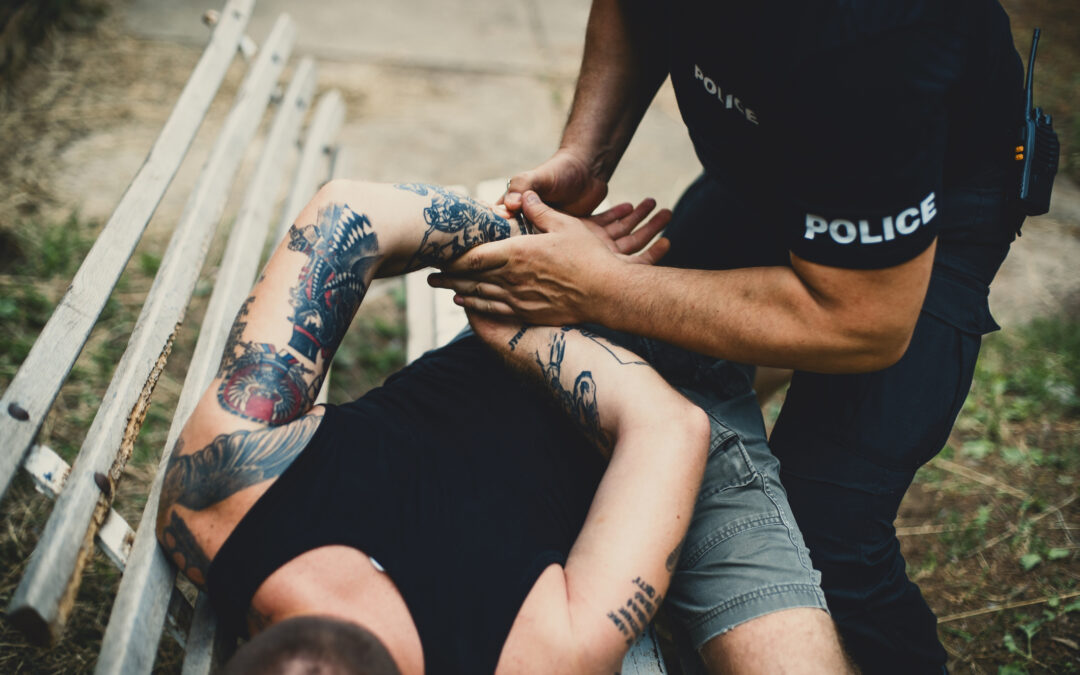What Does Police Misconduct Entail?
The law gives police officers broad powers to carry out their duties but also limits how far police officers can go when enforcing the law. Also known as civil rights, the laws protect citizens from excessive force by police officers. Unfortunately, police officers sometimes overstep their duties and go far when conducting their duties, often causing injury or death to their victims.
Examples of police misconduct cases are the strangulation of George Flyod in Minneapolis and the beating of Rodney King in Los Angeles. Civil rights advocates in Philadelphia add that police misconduct may also take other forms, such as:
- Intimidation
- False confession
- Sexual abuse
- Surveillance abuse
- Misuse of Taser guns
- False arrests
- Off-duty misconduct
- Racial profiling
- Police corruption
When such police misconduct happens, the victims or their surviving family members can seek recourse through federal and state laws. They can do this by filing a police misconduct case with the help of police misconduct attorneys in Philadelphia. However, filing such a case must happen within a given deadline.
How Much Time Do I Have to File a Police Misconduct Case?
Pennsylvania has a criminal code that limits how long people can file formal criminal charges. The statute provides no time limit for filing charges for severe crimes such as murder, but less severe offenses have a two to 12-year limit, depending on the specific offense.
Police misconduct cases have a two-year statute of limitations from when the injury occurs. However, Philadelphia police misconduct lawyers explain that several factors could affect the timeframe. It would help to work with skilled legal experts to evaluate the case specifics and determine if they could affect the statute of limitations.
Once you bring a lawsuit against a law enforcement officer, the case will be prosecuted by the government, with the outcome depending on the specifics of the charges. Criminal suits often seek punishment of punitive measures, while civil lawsuits pursue financial reimbursement and accountability in the courtroom. Skilled lawyers can help you prove your case for a favorable outcome.
What Role Does the Statue of Limitations Play in Police Misconduct Cases?
The statute of limitations is vital to society’s welfare by protecting the rights of would-be defendants and plaintiffs. The timeframe shields defendants from unfair legal action based on the considerable passage of time. It promotes justice by preventing the unexpected revival of claims long after the crime.
Defendants get reasonable repose to protect them from the need to defend stale claims. The timeline also enables plaintiffs to collect and preserve the necessary evidence to prove their case, enabling them to pursue their claims diligently.
Working with skilled police misconduct attorneys in Pennsylvania is crucial to helping you put together a strong case and ensure you file it within the statute of limitations. Meeting the deadline would help prevent the court from dismissing it.
Who is Held Liable in Police Misconduct Cases?
Based on the investigation into a police misconduct case, the court could find various parties liable. The instances often revolve around the police officers involved in a specific incident, but general, liability falls on the police department and the municipal jurisdiction authority.
The insurance providers of the police department or municipality will handle any resulting settlement or jury verdict. Civil liability cases are different from when a law enforcement officer is criminally held responsible in such situations. Criminal cases are handled in a different court system, separate from the civil liability lawsuit.
What Are My Chances of Winning in a Police Misconduct Case?
Several factors play out in civil rights claims based on police misconduct. On your part, you must prove the following elements:
- The police actions that comprise misconduct exceed reasonable bounds
- The defendant infringed on your constitutional rights
- You sustained injuries or suffered losses, such as wrongful death, due to the misconduct
Experienced police misconduct lawyers in Philadelphia can help you collect solid evidence to prove your case, including, but not limited to:
- Records
- Statements of law enforcement officials
- Witness statements
- Documentation such as evidence of previously reported police misconduct cases
Supporting evidence is crucial in police misconduct cases. Ensure you take photographs of any injuries or damages caused by the police and preserve any clothes stained with blood or torn during the incident. Writing down the details of the incident is also crucial to help you recall the events as they happened.
Police Immunity
It’s worth noting that police misconduct cases are often challenging because law enforcement officers enjoy immunity from lawsuits. Unless you prove that an officer engaged in willful, unreasonable conduct, you may not prove their liability by citing mere negligence or the officer’s failure to exercise due care.
However, conduct such as police abuse or racial profiling can lead to liability.
Qualified immunity implies that you can’t sue the police, a law enforcement agency, or the government in a typical police-suspect interaction. So, you need the help of qualified civil rights advocates who understand civil rights to help you navigate a police misconduct lawsuit with a higher chance of succeeding.
An Experienced Police Misconduct Attorney Helping You Understand Statute of Limitations
Every citizen has rights enshrined in the constitution, but unfortunately, the same people who should protect those rights sometimes abuse them. If you’re a victim of police misconduct, the law allows you to file a lawsuit to pursue redress for the actions. However, you should file your petition within a specific timeframe for the case to be valid.
Skilled Pennsylvania civil rights advocates at Abramson & Denenberg PC can evaluate your case to determine the possible outcome. We can also help you file a lawsuit and represent you in court to fight for your rights. Don’t suffer in silence for injustice against you while the law can protect you. Call us at 215-398-7066 to schedule a FREE case consultation.
